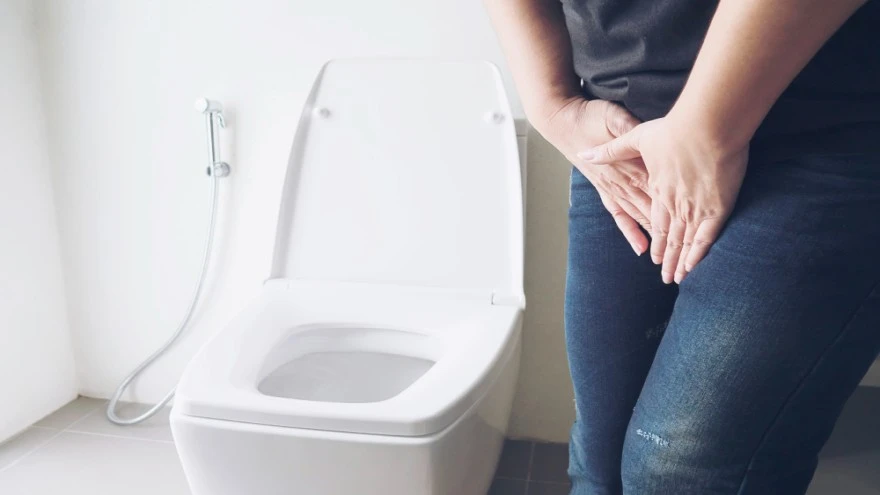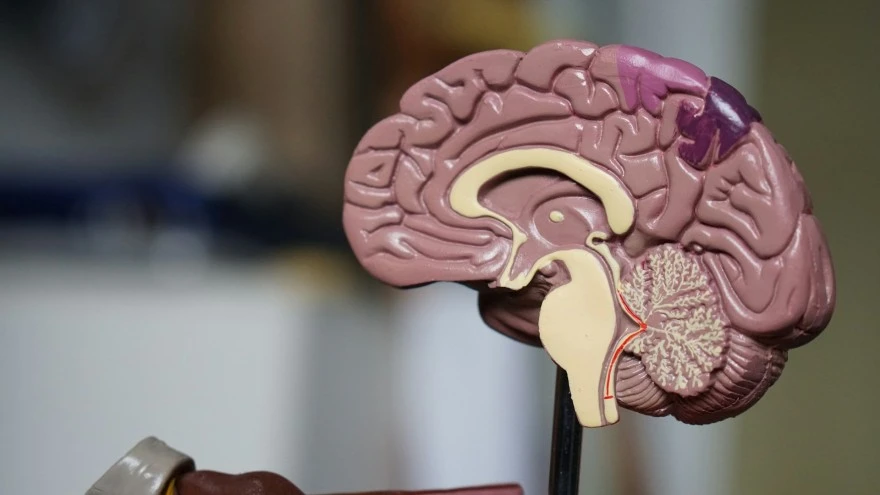Parathyroid Panel Test
Parathyroid Panel Test Overview
Parathyroid hormone (PTH) is secreted by parathyroid glands. PTH controls the level of calcium in blood. Parathyroid panel test is often done to find cause of hyper or hypocalcaemia, osteoporosis, kidney stone and low vitamin D levels. PTH is released into blood in response to falling calcium levels and causes bone resorption, increased absorption of calcium from kidneys and vitamin D production in kidneys. Abnormal PTH levels can often affect other systems like bones, liver and kidneys as well. Parathyroid panel is a comprehensive profile test that measures various other parameters apart from the PTH levels to monitor the status of these organs.
A parathyroid panel helps in evaluating the functioning of the parathyroid gland and related metabolic processes in the body. Parathyroid hormone (PTH) test helps measure the level of PTH in our blood. This test is used to evaluate and diagnose conditions such as hyperparathyroidism and hypoparathyroidism, which can cause abnormal levels of calcium in the blood and can lead to conditions such as osteoporosis, kidney stones and muscle weakness.
What are parathyroid hormones?
Parathyroid hormone (PTH) is a hormone produced by the parathyroid glands, which are four small glands located in the neck near the thyroid gland. PTH helps to regulate the balance of calcium and phosphorus levels in the body. When the calcium level in the blood drops, the parathyroid glands release PTH, which signals the body to release stored calcium from the bones and increase calcium absorption from the gut.
PTH also decreases the loss of calcium in the urine. In this way, PTH helps to keep the calcium level in the blood within a normal range. However, if the parathyroid glands overproduce PTH, the body will have too much calcium in the blood, which can lead to a condition called hyperparathyroidism. On the other hand, if the parathyroid glands underproduce PTH, the body will have too little calcium in the blood, which can lead to a condition called hypoparathyroidism. Both types of parathyroidism can result in various health conditions such as osteoporosis, muscle weakness and kidney stones.
Written by: Dr. Shibani R, Medical Writer, Medical Affairs
Parathyroid Panel Test Price
Metropolis Healthcare is a leading diagnostics centre and pathology lab in India equipped with the latest state-of-the-art technologies that provides the Parathyroid Panel Test with a clear pricing structure.
The Parathyroid Panel Test Price in Bangalore is ₹ 2,995 .
We are committed to deliver accurate and quality results from the best labs in India with complete transparency regarding test cost and turnaround time. No matter where you are, we strive to offer patients high-quality service that is affordable and accessible.
Frequently Asked Questions
Parathyroid panel test is most often used to diagnose hyperparathyroidism, hypoparathyroidism & monitor kidney disease. It is also used to diagnose cause for osteoporosis & kidney stones. It may also be used in cases of suspected malignancies of the parathyroid gland.
A parathyroid test is usually done to check the levels of parathyroid hormone (PTH) and calcium in the blood. Abnormal levels of PTH and calcium can indicate a complication related to the parathyroid glands.
- A parathyroid panel test is done to evaluate and diagnose conditions related to the parathyroid glands, such as hyperparathyroidism and hypoparathyroidism.
- In addition, a parathyroid panel test is also done in cases of suspected or known bone diseases like osteoporosis, in patients with chronic kidney disease or patients undergoing dialysis, and also for monitoring and adjusting the treatment for a patient with parathyroid disease.
Parathyroid panel test measures the various parameters affecting bone, kidneys and liver along with the PTH levels. These include Proteins, Magnesium, Alkaline Phosphatase, Creatinine, Calcium-Total & Ionised, Urine Calcium levels.
Parathyroid panel lab test requires a blood sample. A tourniquet (elastic) band is placed tightly on the upper arm. The patient is then asked to make a fist. This helps in the build-up of blood filling the veins. The skin is disinfected before needle insertion and the blood sample is collected in vacutainer. Routine urine sample is collected in a sterile container.
High level of PTH (Hyperparathyroidism) is seen in:
- Hyperplasia or tumor of the parathyroid gland
- Chronic kidney failure
- Severe calcium or vitamin D deficiency
Low level of PTH (Hypoparathyroidism) is seen in:
- Neck surgery or irradiation
- Autoimmune disease
- Low level of magnesium
Low calcium levels may lead to dry skin, coarse hair, brittle nails, muscle cramps, tingling, and cardiac irregularities. Low calcium levels (hypocalcaemia) may occur due to hypoparathyroidism, kidney conditions, malnutrition. pancreatitis, low calcium diet and vitamin D deficiency.
High calcium levels may lead to constipation, abdominal pain, nausea, vomiting, and mental confusion. High calcium levels (hypercalcemia) may indicate hyperparathyroidism (overactive parathyroid gland), certain cancers, bone disorders like Paget's disease or high vitamin D levels.
Increased serum ionized calcium values are seen in primary hyperparathyroidism, vitamin D therapy, various malignancies producing parathyroid hormone.
High levels of ALP are seen in:
Children during active bone formation, pregnant women, those with hepatobiliary disease like bile duct obstruction, hyperparathyroidism, chronic kidney disease, vitamin D deficiency, rickets, osteomalacia, bacterial infection and malignant tumour.
Low magnesium levels indicate magnesium deficiency. The symptoms maybe muscle twitching, irregular heart beats, confusion, and even seizures( in severe cases). Low magnesium levels may also be a sign of preeclampsia, a serious blood pressure condition affecting pregnant women. Magnesium deficiencies are often treated with magnesium supplements along with a magnesium rich diet.
High magnesium levels may occur due to Addison disease, certain kidney complications, severe dehydration or even due to certain medications.
High serum creatine levels signify poor functioning of the kidneys. This may occur due to kidney disorders, chronic diabetes, autoimmune disorders and metabolic syndromes. Temporarily high levels may also occur due to exercises, side effects of medications , certain diets and pregnancy. Low creatinine levels may occur due to muscular disorders (loss of muscle bulk), excessive fluid loss and certain medications.
There is usually no specific preparation required for a parathyroid test. You may be advised to fast for a certain period of time before the test, depending on the type of test ordered. You should inform your doctor if you are taking any medications, as some can affect the test results.
Normal levels of PTH and calcium can vary depending on the laboratory equipment and the reference range used. A normal PTH level is typically between 10 and 65 pg/mL, while normal levels of calcium are typically between 8.5 and 10.2 mg/dL.
Hyperparathyroidism is a condition in which the parathyroid glands overproduce PTH, and the body will have too much calcium in the blood. On the other hand, hypoparathyroidism is a condition in which the parathyroid glands underproduce PTH, and the body will have too little calcium in the blood.
The following groups of people are recommended to have a PTH test:
- Individuals with symptoms of hyperparathyroidism such as osteoporosis, kidney stones and muscle weakness
- Individuals with symptoms of hypoparathyroidism such as muscle cramps, tingling and numbness in the fingers and toes and seizures
- Individuals who have undergone thyroid surgery or radiation therapy, as these can damage the parathyroid glands
- Individuals who have a family history of parathyroid disease
- Individuals with chronic kidney disease or on dialysis
- Individuals being treated for osteoporosis or other bone diseases
- Individuals who have had an abnormal result on a blood test for calcium or phosphorus
- Individuals who have had an abnormal result on a bone density test
Other tests that may be ordered along with a parathyroid test include:
- Complete blood count (CBC)
- Comprehensive metabolic panel (CMP)
- Calcium test
- Vitamin D test
These tests can help determine the levels of calcium, electrolytes and other important minerals in the body and may provide additional information about the function of the parathyroid gland. In addition, imaging tests such as an ultrasound or a CT scan may be ordered to help locate any abnormal growths or tumours on the parathyroid gland.
Parathyroid Hormone (PTH) Test
Parathormone Test
Proteins Test
Magnesium Test
Alkaline Phosphatase Test
Creatinine Test
Calcium-Total
Calcium-Ionised
Urine Calcium
Ratings & Reviews (0)
Why Metropolis?
Metropolis has a team of 200 senior pathologists and over 2000 technicians delivering diagnostic solutions in the areas of routine, semi specialty and super specialty domains like Oncology, Neurology, Gynaecology, Nephrology and many more.
We offer a comprehensive range of 4000+ clinical laboratory tests and profiles, which are used for prediction, early detection, diagnostic screening, confirmation and/or monitoring of the disease.





















 WhatsApp
WhatsApp